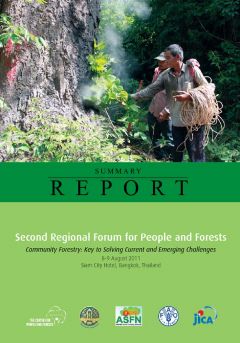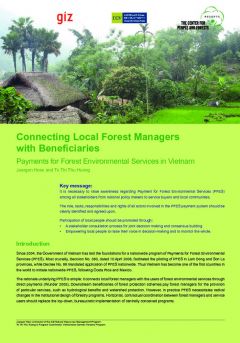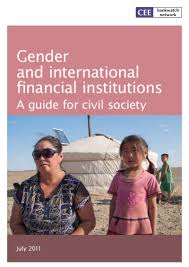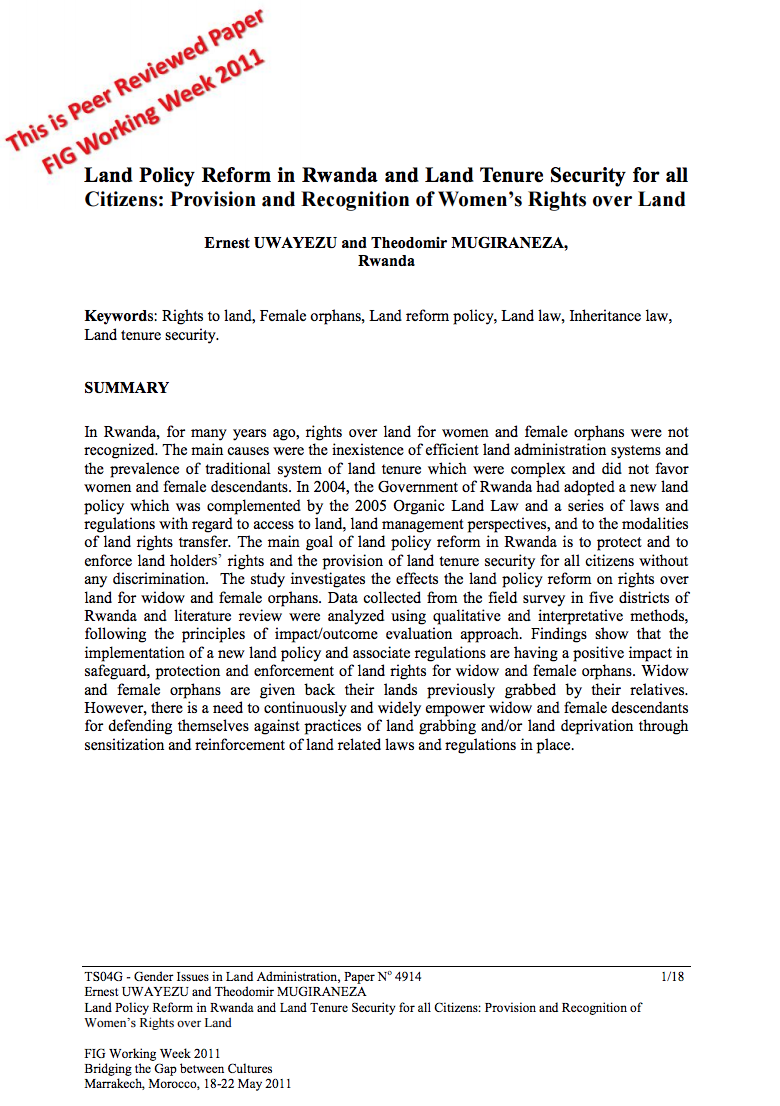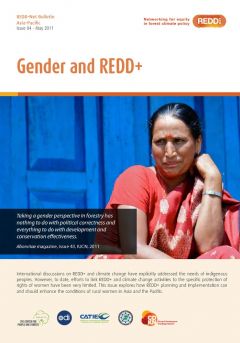THE LAND SECTOR NON-STATE ACTORS (LSNSA)
kenya land alliance download :Memorandum On Continued Engagement With The Ministry Of Lands On Land Reforms Presented To: The Ministry Of Lands. The approval by the public of the Constitution at the referendum on August 4, 2010 and its promulgation on August 27, 2010 heralded a new dawn of governance in Kenya. Through its broad provisions, it is expected that it will spur social and economic development and secure the land rights of all Kenyans, by among others guaranteeing them ownership, control and access to natural resources.



